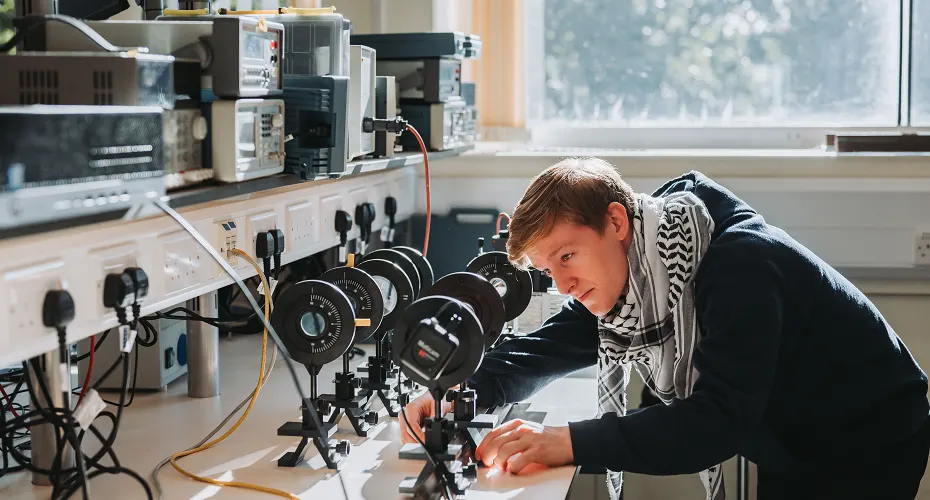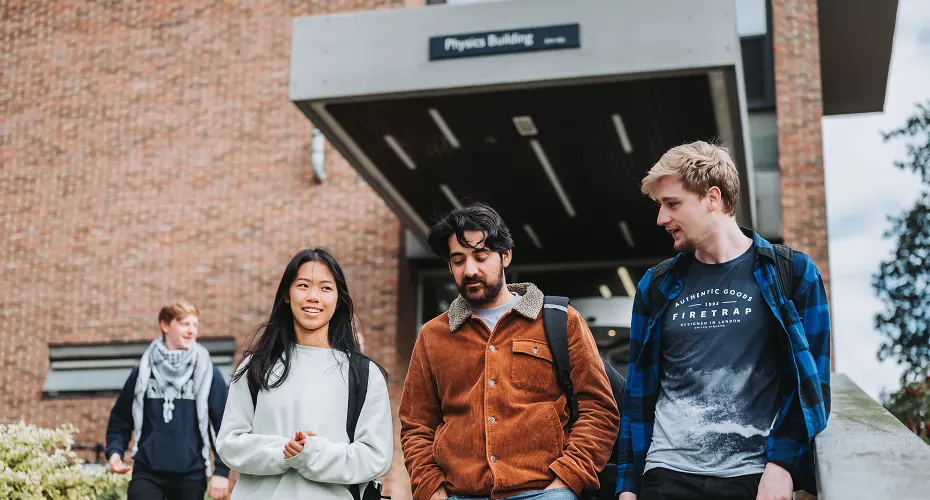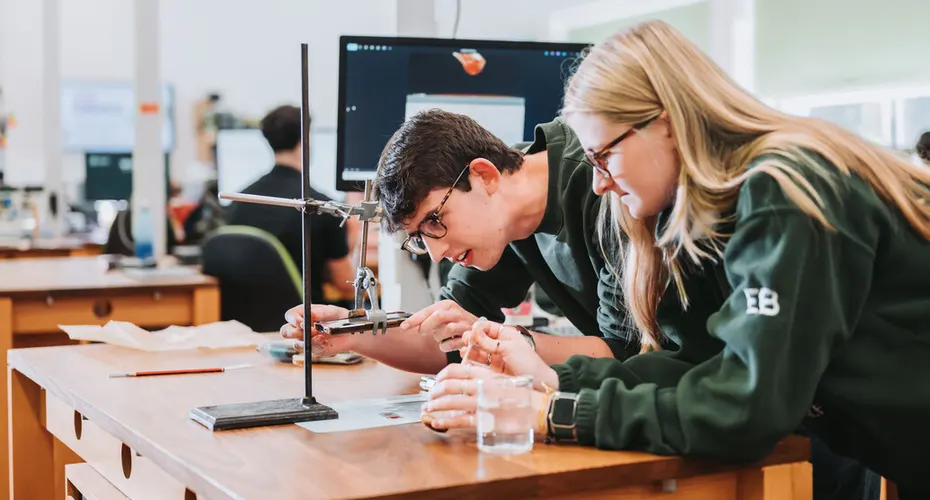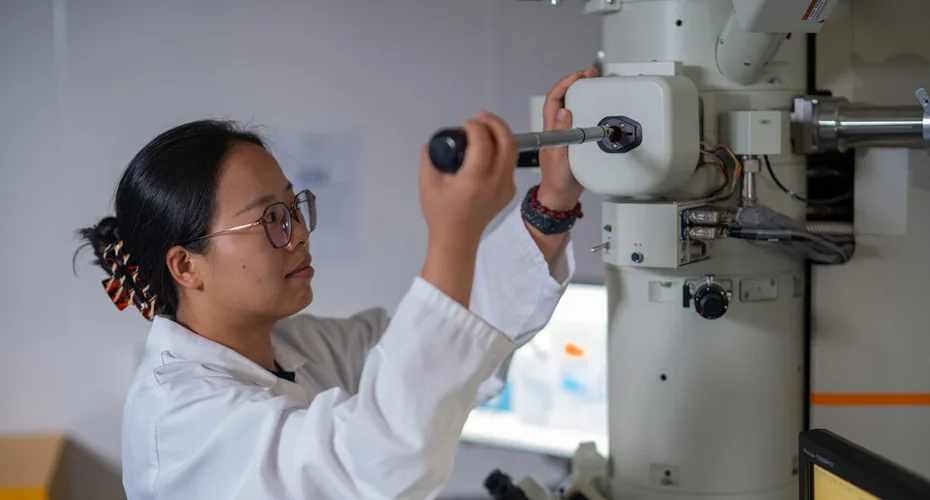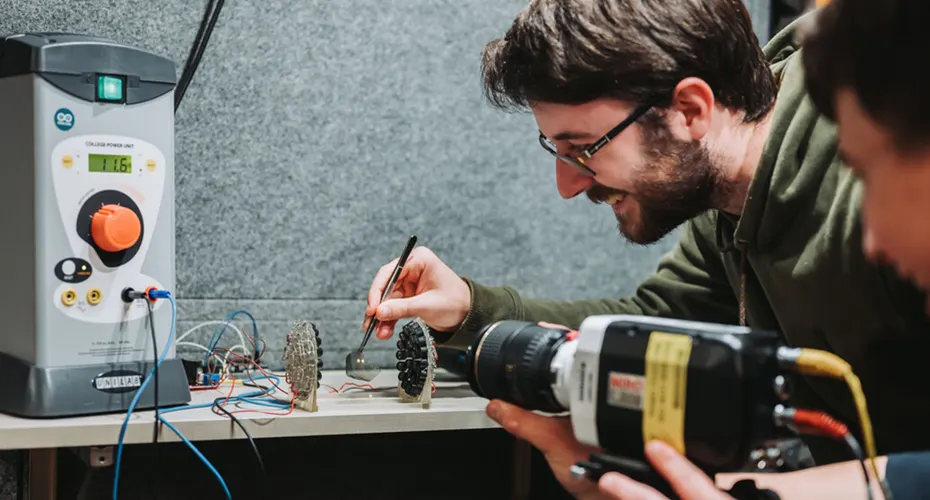Physics and Astronomy
![]()
Top 15 in the UK for Physics and Astronomy
12th in the Guardian University Guide 2026; 11th in The Times and The Sunday Times Good University Guide 2026
![]()
A strong student-led community that act as a single voice to influence the running of the department, organising networking, social and academic support events.
![]()
The opportunity to work with world-leading researchers from academia or industry. Support is provided for student placements, with local opportunities at organisations such as the Met office.
![]()

